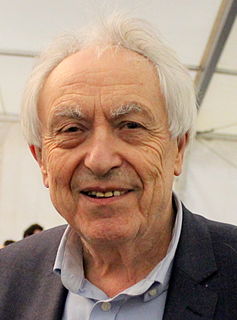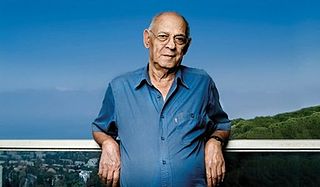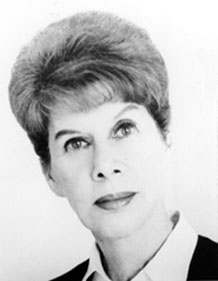A Quote by Samuel Taylor Coleridge
Related Quotes
The truth for women living in a modern world is that they must take increasing responsibility for the skills they bring into birth if they want their birth to be natural. Making choices of where and with whom to birth is not the same as bringing knowledge and skills into your birth regardless of where and with whom you birth.





































